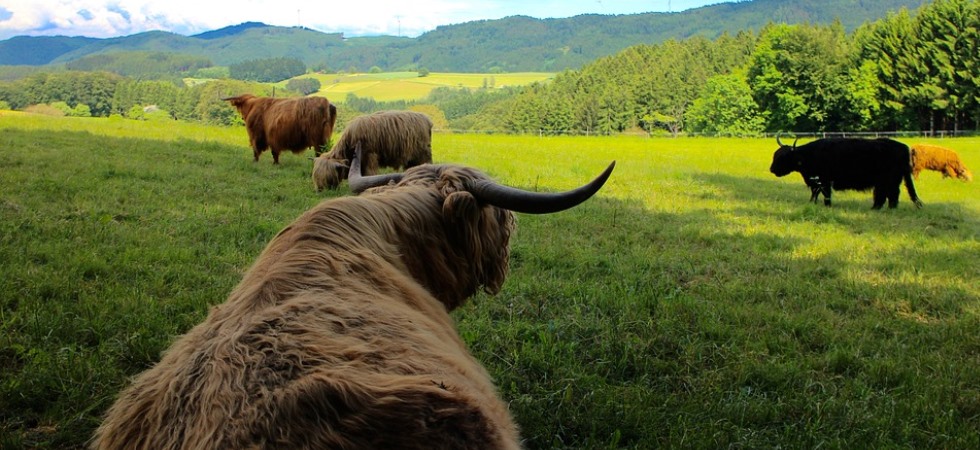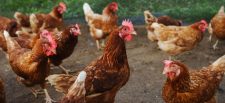The Climate Change Committee’s (CCC) latest report is setting an objective that individuals reduce their beef, lamb and dairy consumption by 20% as part of the Government’s target to become a Net Zero economy by 2050.
The CCC’s new report, Land use: Policies for a Net Zero UK, outlines a range of options to drive emissions reductions in England, Scotland, Wales and Northern Ireland, including a transformation in land use across the UK.
The report comes off the back of the new Agriculture Bill, which aims to provide a balance between food production and the environment by rewarding farmers for the work they do in helping the Government achieve its goals on climate change.
Similarly, the CCC report highlights five objectives for achieving a Net Zero economy, including the need for reducing food waste and the consumption of the most carbon-intensive foods, as well as encouraging low-carbon farming practices. Increased tree planting, restoring peatlands and encouraging bioenergy crops are also listed.
Lord Deben, chairman of the Committee on Climate Change, said: “Changing the way we use our land is critical to delivering the UK’s Net Zero target. The options we are proposing would see farmers and land managers – the stewards of the land – delivering actions to reduce emissions. Doing so can provide new revenue opportunities for farmers, better air quality and improved biodiversity, and more green spaces for us all to enjoy. But major changes are required and action from government is needed quickly if we are to reap the rewards.”
NFU response
President of the National Farmers Union, Minette Batters, said: “I’m pleased to see the report acknowledge that British farming produces some of the most sustainable food in the world, highlighting that emissions from UK beef is half that of the global average. The report also emphasises that we can’t risk importing food with a higher carbon footprint than food which has been produced in the UK.
“A comprehensive approach across the whole UK economy is needed, and when it comes to farming we need to focus on the whole agricultural system. In the NFU’s own plans for net zero agriculture, planting trees and hedgerows to increase carbon stores on farmland play a crucial part, alongside increasing productivity – producing more from less – to deliver low-carbon farming as well as boosting renewable energy and bioenergy production.
“When talking about changing diets, plant-based products do not always necessarily have a lower impact on the environment. It all depends on where and how the ingredients have been produced, the environmental pressures involved in its production, the environmental management associated with that country’s agricultural system and the environmental resources available, as well as how far the product has travelled.
“This is not just about reducing domestic and global greenhouse gas emissions, but protecting our natural environment as well.”
“65% of British land is only suitable for grazing livestock and we have the right climate to produce high quality red meat and dairy. Therefore it makes sense that, when talking about environmental impact, as the report suggests, the public continues to support British livestock production.
“This is not just about reducing domestic and global greenhouse gas emissions, but protecting our natural environment as well. Water is the world’s most valuable resource but it is coming under pressure. In the UK, we have the means to manage our water far better, and we need to see this replicated in government policy.
“We can also be far more ambitious when it comes to cutting food waste. The NFU believes the UK should be aiming for a 50% waste reduction throughout the whole food supply chain, which would also relieve pressure on people to make dietary changes.
“I believe British farmers are very much part of the solution. We want to be the model for climate-friendly food production around the world – food production that continues to include nutritious beef, lamb and dairy products for the world to enjoy as part of a healthy, balanced diet.”









